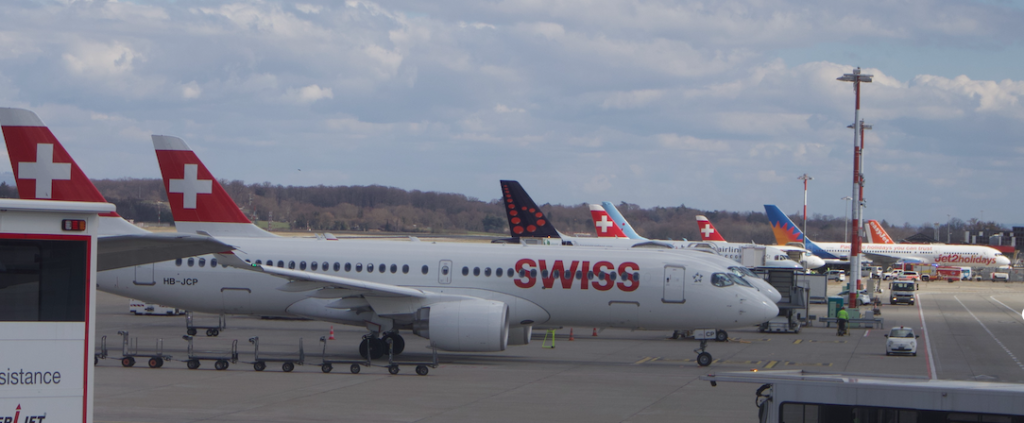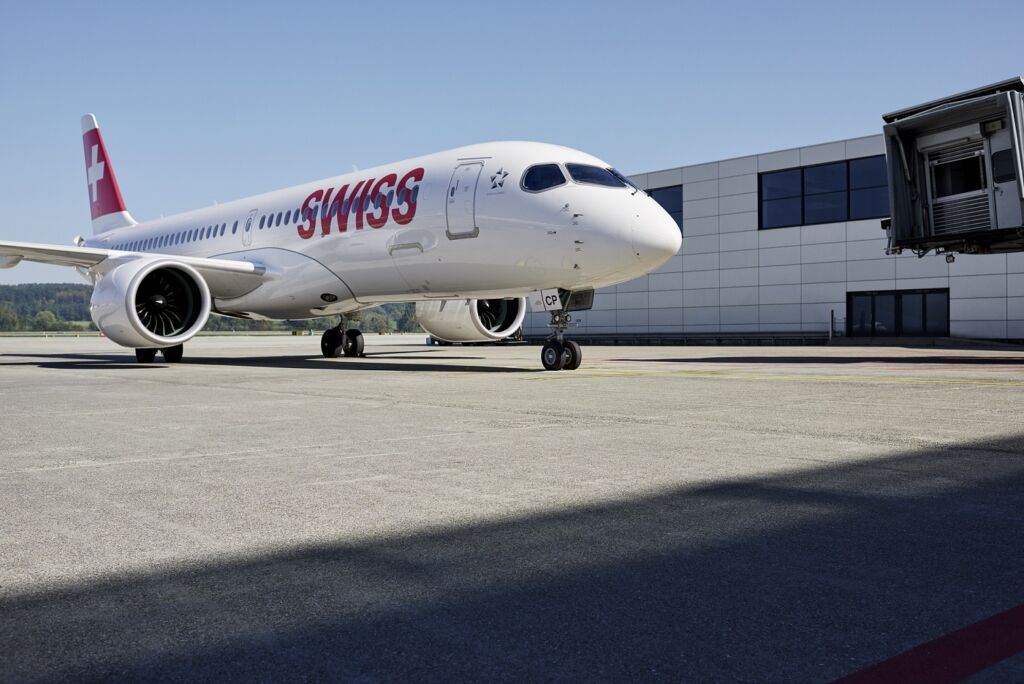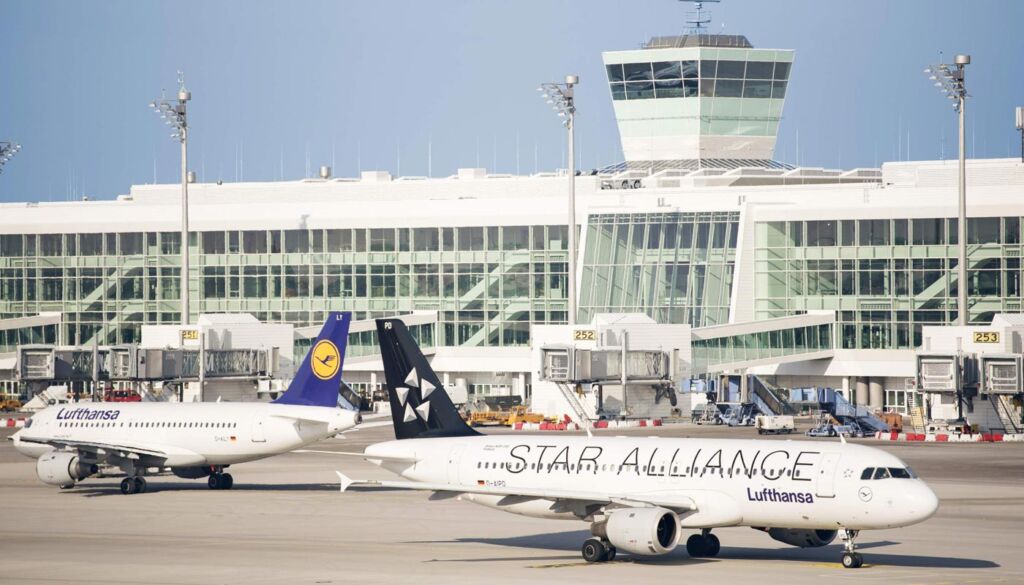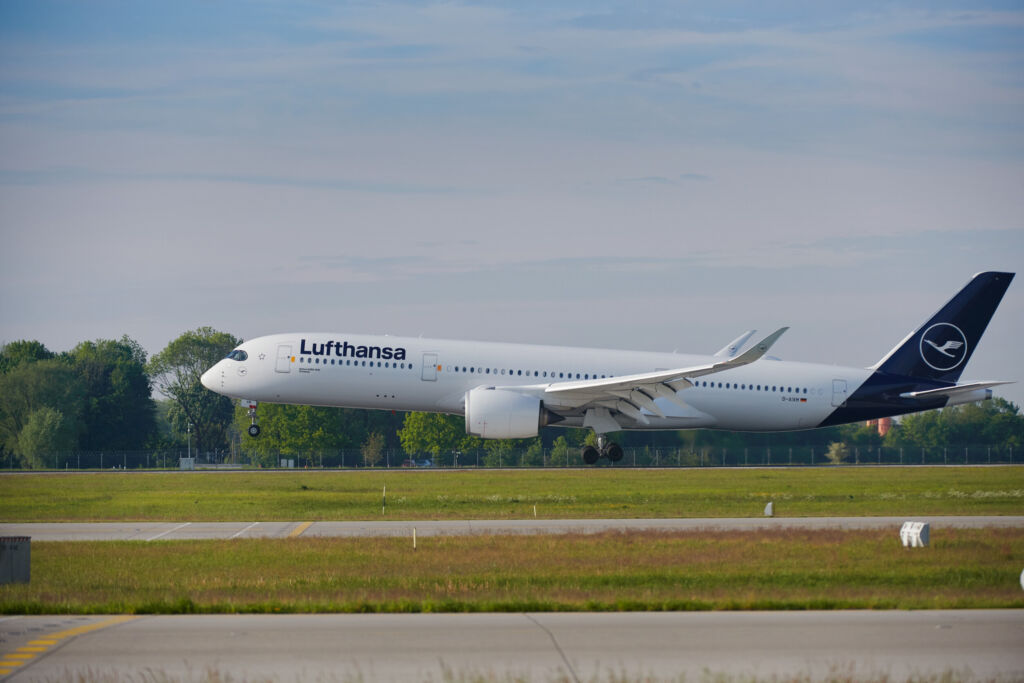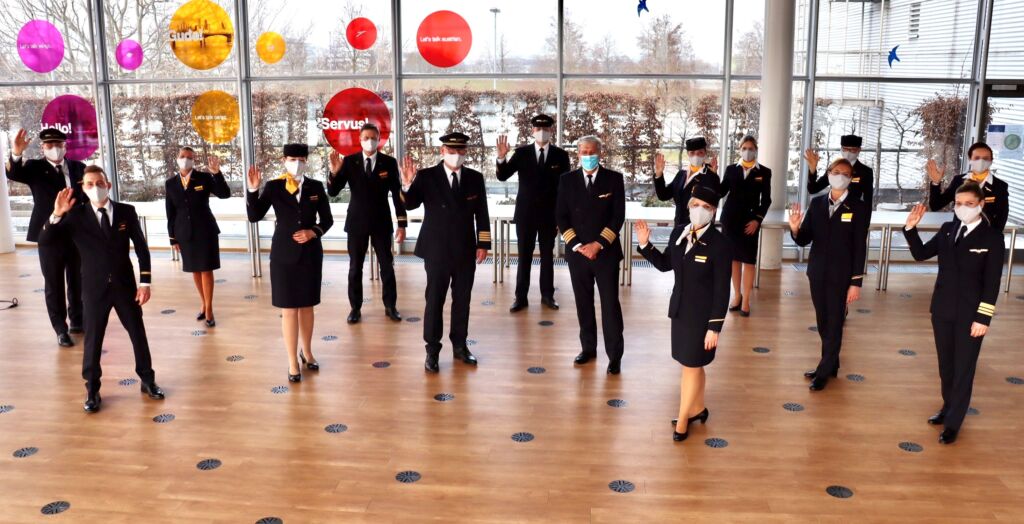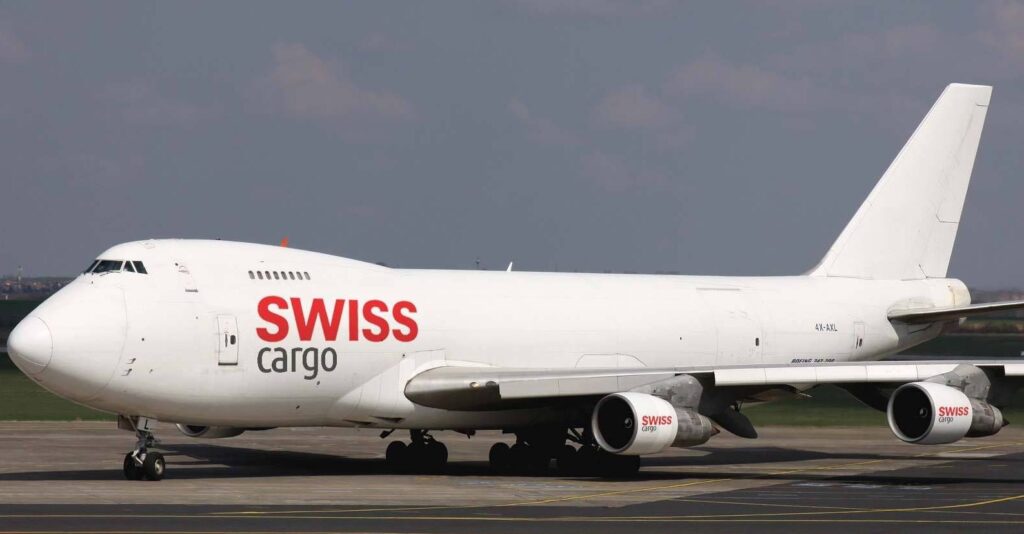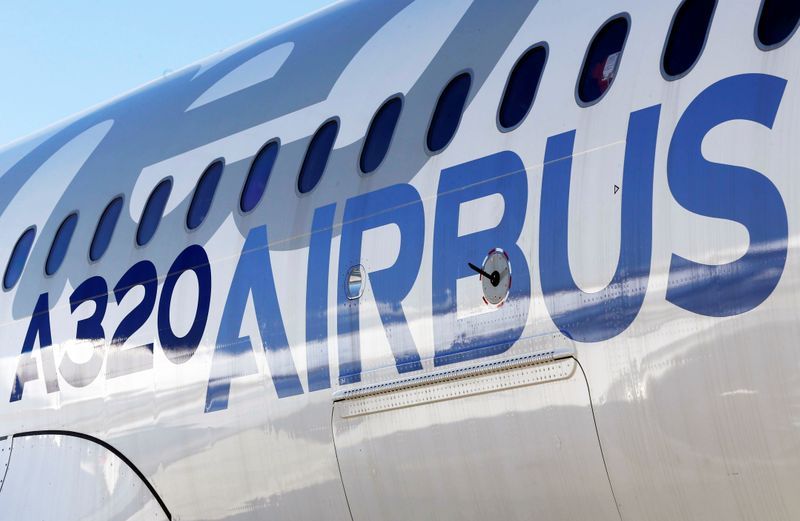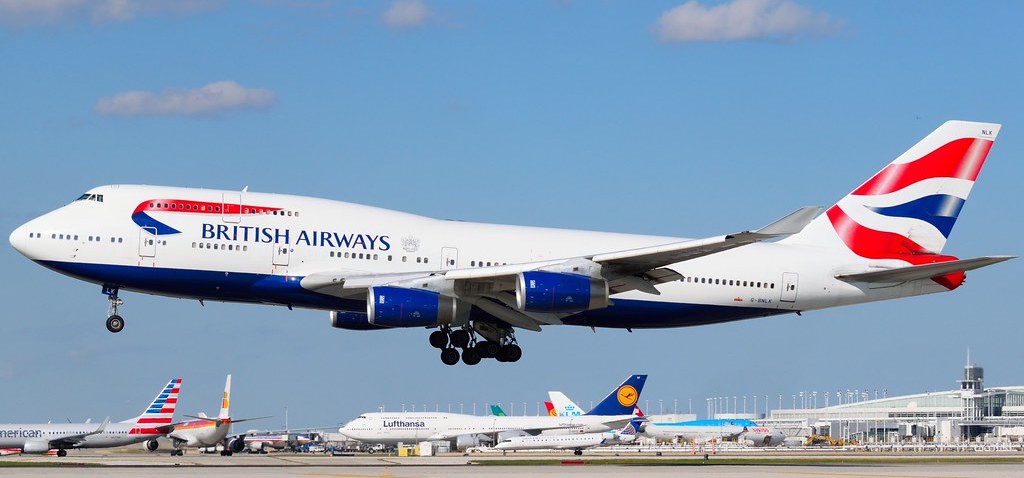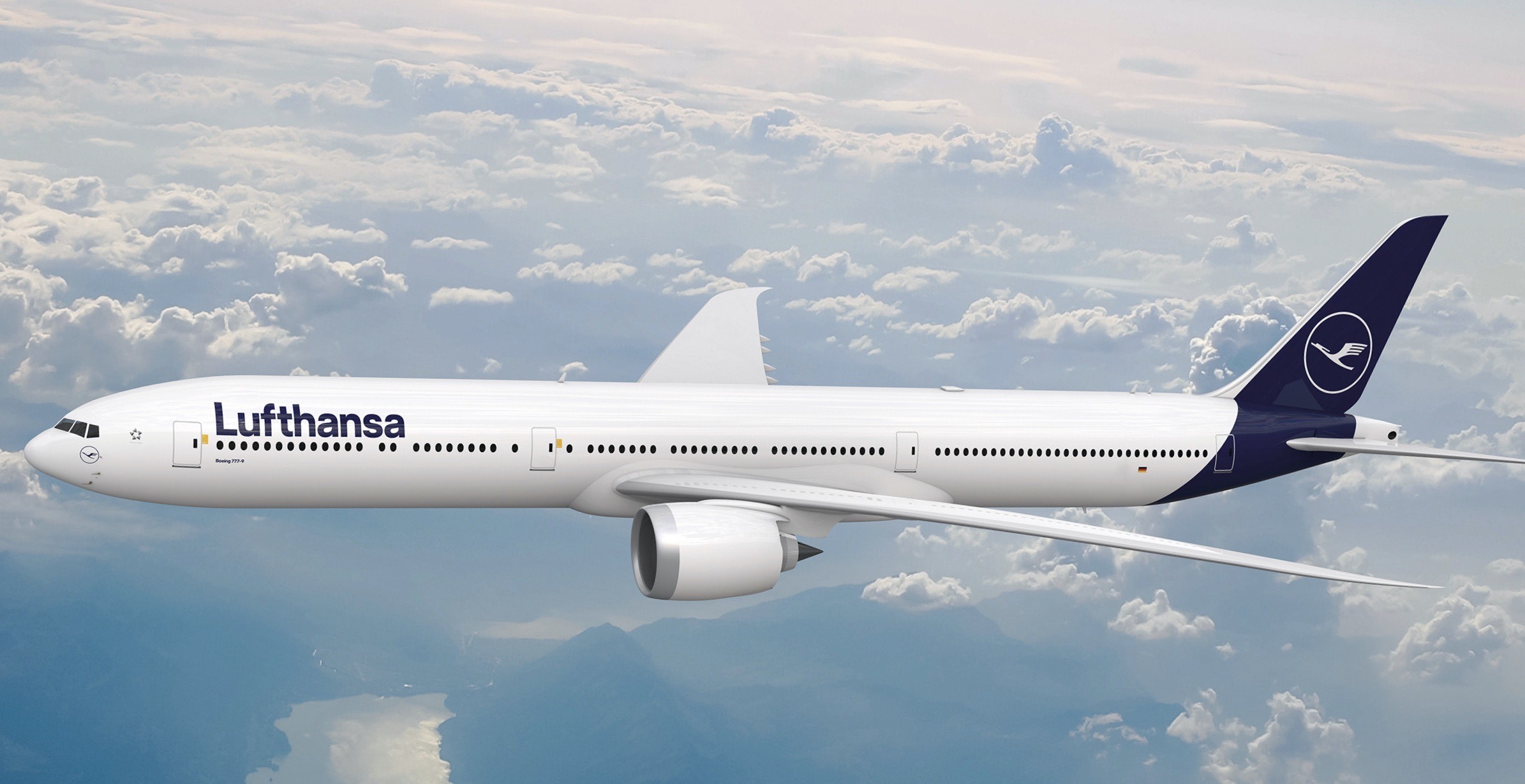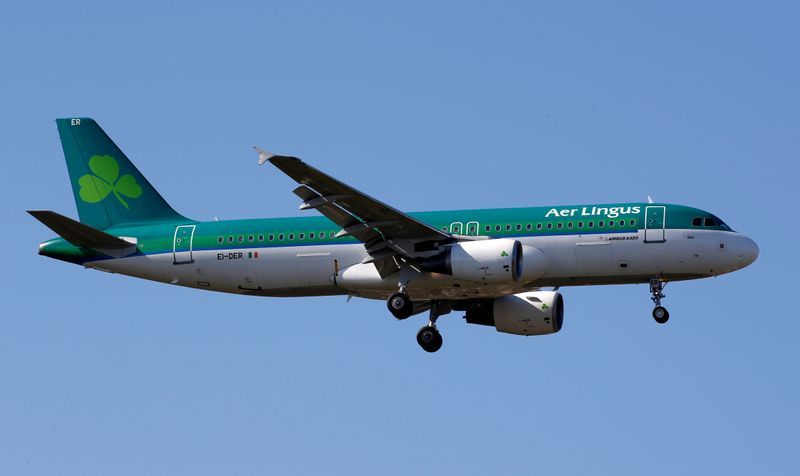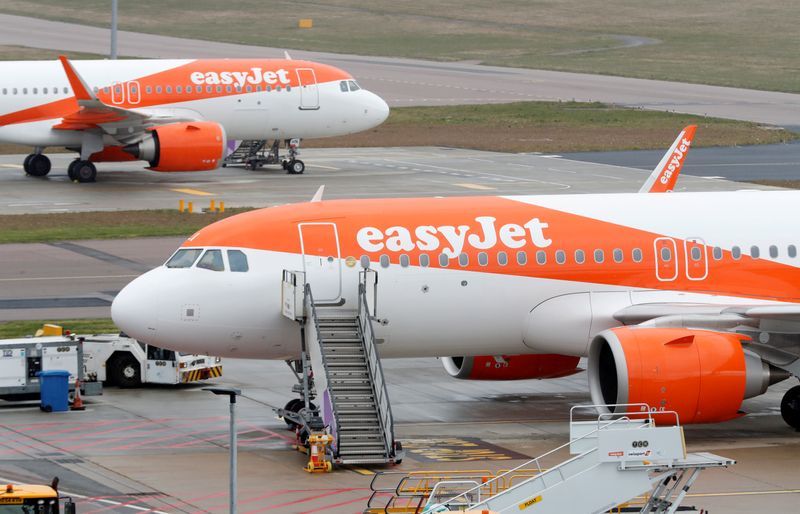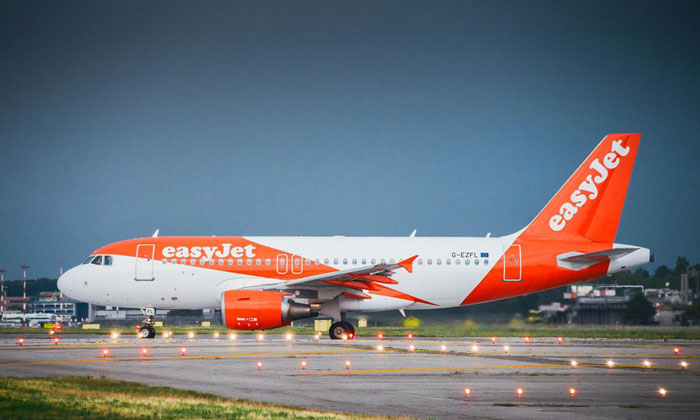In view of the tighter travel restrictions announced by the Swiss Federal Council on 27 January and the resulting decline in demand for air travel, SWISS has been compelled to temporarily reduce its flight operations to an absolute minimum at Geneva Airport until the end of February. SWISS remains fully committed to its Geneva business and operations in the longer term, and will continue to strive to keep Western Switzerland as well connected as possible with its global Zurich-based network. Further changes are also being made to SWISS’s Zurich flight schedules. Travellers affected by flight cancellations can rebook free of charge or have the price of their ticket refunded.
Swiss International Air Lines (SWISS) is temporarily reducing its already-downsized flight operations in Geneva to an absolute minimum until the end of February with effect from today (Monday 1 February), in view of the tighter travel restrictions announced by the Swiss government. The action is being taken because SWISS’s Geneva services are point-to-point operations that do not generate additional business through a feeder function (as is the case at SWISS’s Zurich hub). Geneva Airport also currently lacks traveller testing facilities. The 13 weekly services between Geneva and SWISS’s Zurich hub will continue to operate, as will the seven weekly frequencies between Geneva and the Frankfurt hub of Lufthansa. So SWISS will continue to keep Western Switzerland connected with its global route network in these still difficult times.
SWISS remains fully committed to its long-term strategy of maintaining a strong presence in Geneva and further expanding its present range of point-to-point air services. “Geneva is and remains an extremely important location for us,” confirms SWISS CEO Dieter Vranckx. “And as soon as conditions permit and the demand for air travel returns, we will steadily expand our services from Geneva again, as we will from Zurich, too.”
Zurich schedules also affected
Many of the short- and long-haul SWISS services that are currently being offered from and to Zurich can continue to be operated, in view of their feeder function and/or their cargo-carrying role. But the already substantially diminished range of flights here, too, is being further reduced with effect from 1 February. As a result, SWISS will only be operating some 10 per cent of the February services which it provided in 2019.
Travellers whose flight is cancelled as a result of these developments can rebook free of charge or have the price of their ticket refunded.
